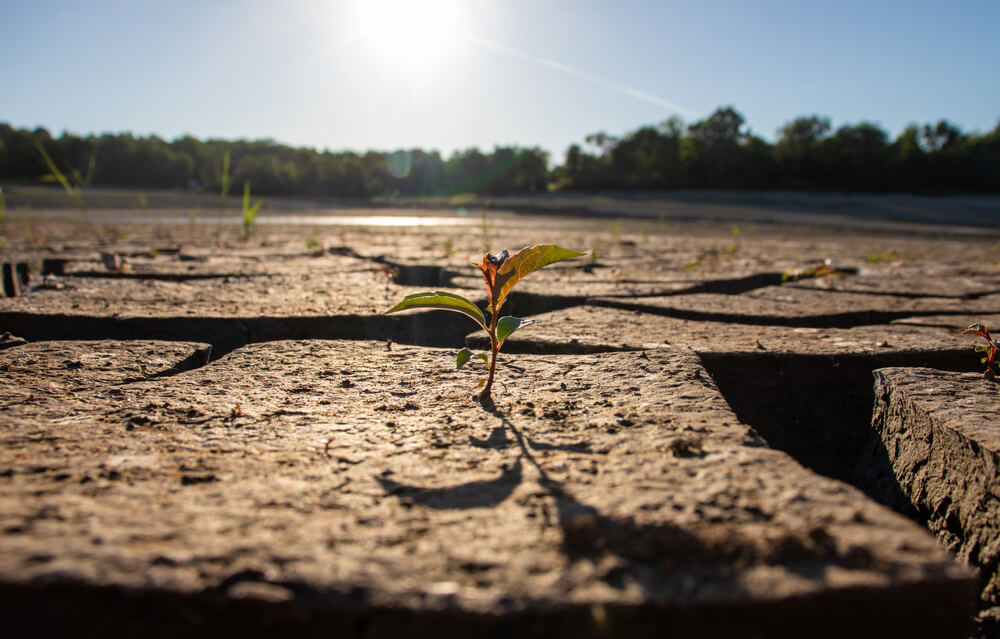Social interventions have long been considered harder to measure and manage than environmental ones. But countries, companies and investors have persisted in experimenting with investments in social impact themes.
Last year’s rebound in the sustainable bond market saw the number of social bond issuances (1,461) almost catch up to green bonds (1,629). (The amount of capital for social bonds is still only a third of that for green bonds.)
This week, South Africa-based UsPlus, a fintech venture that provides working capital to Black-, women- and youth-owned enterprises, raised 70 million rand ($4.5 million) in a social bond listed on the Johannesburg Stock Exchange. The bond’s themes directly target South Africa’s persistent, race-related economic exclusion and stubbornly high youth unemployment.
The UsPlus bond is significant for another reason: It’s an emerging market issuance. Nearly 80% of social bonds issued last year came from just five countries: the US, France, Netherlands, Japan and South Korea.
“We want to see more social bond issuance – particularly in the southern hemisphere and emerging markets,” said Trevor Allen of BNP Paribas, a prominent structurer of sustainable bonds.
Financial group Letshego Holdings in May issued the first social bond in Namibia. In June, BancoSol issued the country’s first gender bond, a $30 million issue on the Bolivian Stock Exchange. Last week, the Thai financial institution Muangthai Capital Public Company raised $50 million from the International Finance Corp. for a gender-lens bond to support lending to women-owned enterprises.












